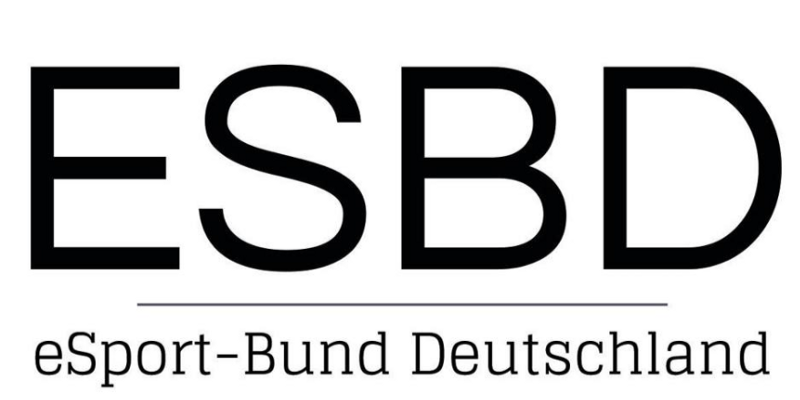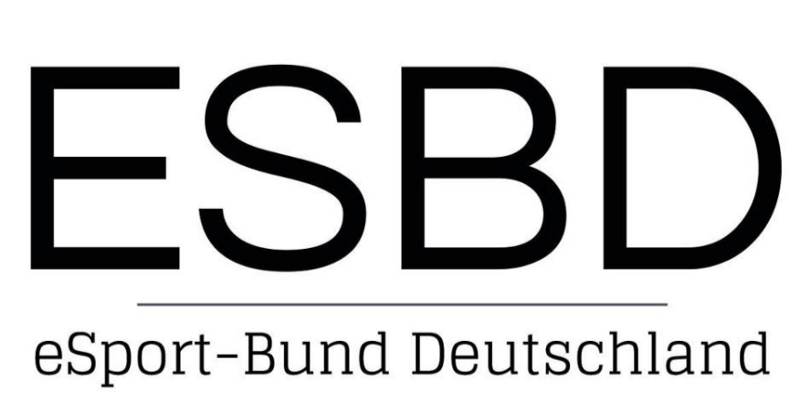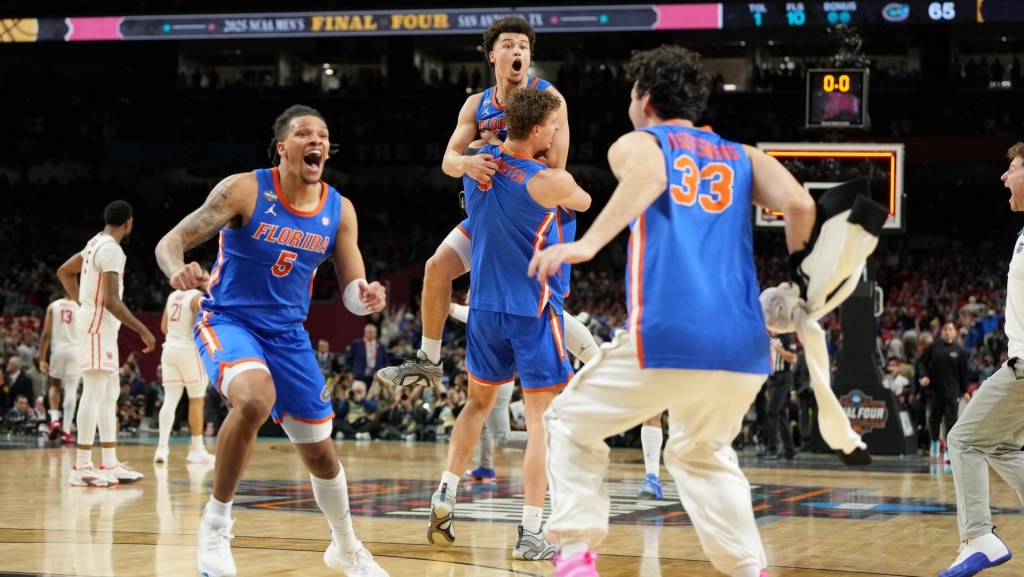At this point, can anything stop esports?

Earlier this week, Germany made headlines by announcing the formation of eSport-Bund Deutschland (ESBD). The organization is the first of its kind in Germany and brings together 21 teams and organizations from the esports scene across the country.
In a quote provided to Front Office Sports, President Hans Jagnow detailed what the goal of the organization is.
“We are a federation of organized esports in Germany which includes pro teams, amateur teams and promoters. The last couple of years there was a big gap in recognition for esports. [ESBD] will be a platform for our members that allows them to work together on general topics and problems and create an environment for German esports to prosper. [We] will represent esports in Germany through sports politics in the German system of sport federations.”
Now that the association has been officially announced, what are the next steps for the organization?
“After the founding process is concluded, meaning that [ESBD] is registered in the German administration, [ESBD] will take on the biggest challenges in German esports,” explained Jagnow. “There is a discussion about having administrative recognition of esports as a legitimate sport in the state that aligns with the popularity of esports in German society. We will open dialogue on sports politics at the federal level and with other sports federations. Most importantly, [we hope] to see the formal recognition of esports as soon as possible by the German Olympic Sports Confederation.”
The establishment of ESBD adds further validity to the establishment of esports as a legitimate past-time. Esports has been the hot topic as of late in sports business circles but has been criticized as being disorganized in its development.
Although a small step in the larger esports boom, creation of organizations like ESBD will be imperative in helping the sport prove its critics wrong. The sport will move away from its disorganized appearance as other countries follow suit in organizing esport associations.
Many challenges lie ahead as the sport is still in its infancy relative to other sports. Facing these challenges as an organized group will prove valuable for the sport and it’s participants in the long-term.
This piece has been presented to you by SMU’s Master of Science in Sport Management.
Front Office Sports is a leading multi-platform publication and industry resource that covers the intersection of business and sports.
Want to learn more, or have a story featured about you or your organization? Contact us today.


















